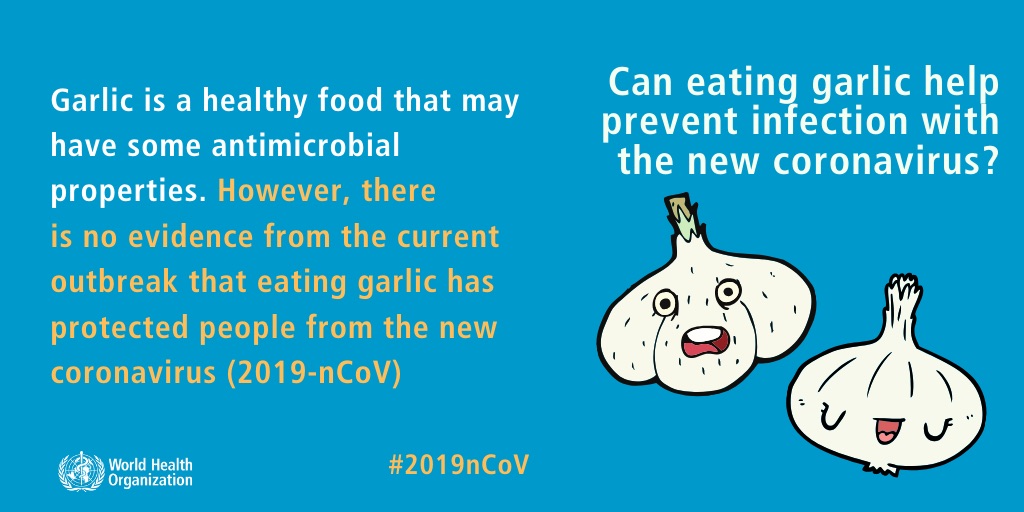Viral disinformation is making it harder for public health workers to deal with the very real challenges of fighting the COVID-19 virus.
Wiktionary defines an infodemic as “An excessive amount of information concerning a problem such that the solution is made more difficult.” The last edit was made nearly a year ago, February 28, 2019, showing that COVID-19 was not the source of the term, even though it is a perfect example. Infodemics more and more will complicate real crises.
The World Health Organization, the United Nations’ health organization, has been waging war on the infodemic front as well as against COVID-19. It met recently with major tech companies about stemming the waves of misinformation, from fake cures to conspiracy theories.
The disgraced televangelist Jim Bakker –yes, of Jim and Tammy Faye fame, for those of us who suffered through the 1980s—offered for sale at the low, low price (for you, my friend) of $125, a blue bottle of snake oil, er, “Silver Solution” which he claims will cure COVID-19 (along with SARS, HIV, and venereal diseases -what a bargain!).
A U.S. Congressman has been repeating a debunked conspiracy theory about the origin of the virus that clearly was intended to inflame anti-Chinese sentiment in the United States.
To educate people about how to combat the new coronavirus The WHO introduced a free online course, “Emerging respiratory viruses, including nCoV: methods for detection, prevention, response and control,” January 26th on its open learning platform for emergencies.
More than ever, it’s important to evaluate the source of news and information –and to have the skills to determine what is real and what is fake.
Not all free speech is created equal. In fact, research shows that fake news is more likely to go viral than the real thing. Part of that is because it’s designed to: it preys on cognitive biases that make us vulnerable to news with a high emotional content or shock value, as well as news that reinforces what we think.
When it comes to infodemics, adopt good hygiene habits just like you would facing a health epidemic: a “wash your hands every time you go to the bathroom” equivalent for social media.
· As my friend Anne Janzer suggests, consider what you amplify and why. “Do you use this power with intention? Do you apply filters to which ideas you choose to amplify?” she asks. Make a point of not just ignoring clickbait but also of sharing valuable, constructive information and insights.
· Consider the source, especially if it’s someone whose opinion you often share. You’re more likely to mistake fake news for real if you already trust the source. But your friends are susceptible to being fooled just like everyone else –even if they are vigilant.
· With US elections just months away, remember that this is political Silly Season, so be extra careful with any campaign-related information.
· Don’t share articles you haven’t read fully.
The tech companies have a big role to play in making sure that their algorithms suggest content that is accurate. But every single one of us has an important role as well in keeping infodemics at bay: using our metaphorical disinfectant wipes and soap.
This article is part of my new LinkedIn newsletter series, “Around My Mind” – a regular walk through the ideas, events, people, and places that kick my synapses into action, sparking sometimes surprising or counter-intuitive connections.
To subscribe to “Around My Mind” and get notifications of new posts, click the blue button on the top right hand on this page. Please don’t be shy about sharing, leaving comments or dropping me a private note with your own reactions.
- The Gray Rhino Wrangler on Substack - January 1, 2025
- Gray Rhino Risks and Responses to Watch in 2024 - January 10, 2024
- In the Media 2023 - December 31, 2023


